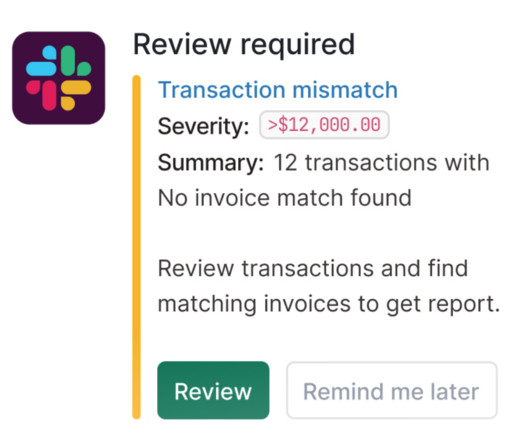What are the Biggest Challenges Facing Compliance Teams?
The Fintech Times
SEPTEMBER 4, 2024
.” Changing state to state For firms in the US, a fragmented regulatory landscape across states can also leave roadblocks for compliance teams to overcome explains Gale Simons-Poole , chief risk officer at BHG Financial. ” The post What are the Biggest Challenges Facing Compliance Teams?













Let's personalize your content